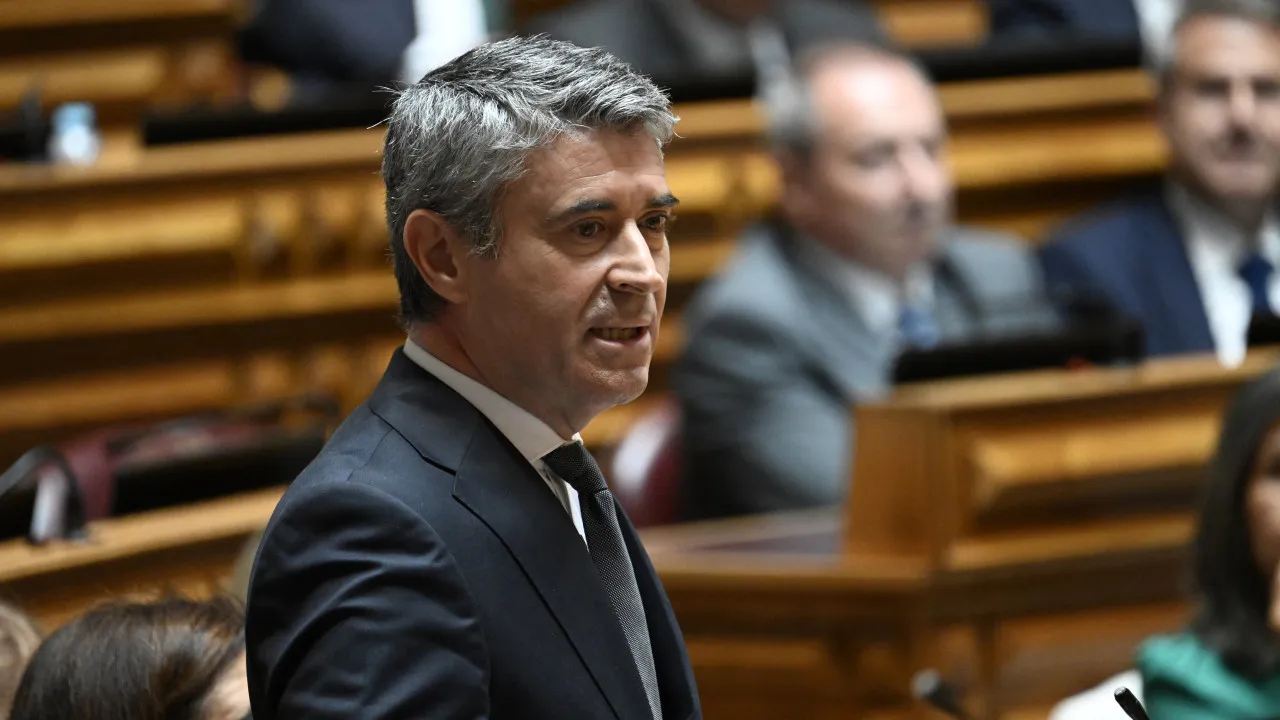
“When we tried a similar measure in 2014, we ended the year with increased revenue, and I expect that this year, with the 1% reduction, we will not lose revenue in terms of corporate tax. We shall see,” stated Luís Montenegro.
The head of the PSD/CDS-PP executive was responding to an intervention by the centrist parliamentary leader, Paulo Núncio, expressing hope that the same outcome could occur in future years, enhancing the investment capacity of companies.
Last year, the parliament approved, as part of the State Budget for 2025, a corporate tax reduction from 21% to 20%. Today, during the opening of the debate, the Prime Minister announced that on Friday, the Council of Ministers would approve a proposal to reduce corporate tax to 19% in 2026, 18% in 2027, and 17% in 2028.
Luís Montenegro argued that “this is an essential economic policy that promotes corporate investment” and “sends a signal” that the Government believes “in companies’ ability to reinvest their capital,” hiring “more human resources and more qualified personnel to become more competitive, more productive, and achieve better results.”
In his intervention, the CDS-PP parliamentary leader emphasized that for growth, “Portugal must have a fiscal policy that encourages productivity, investment, and wealth.”
“That’s why I listened with heightened satisfaction to the Government’s announcement that it will reduce the corporate tax to 19% next year and 17% in 2028. For the first time in Portuguese democratic history, the nominal rate of this tax will be below 20%, this is a landmark in Portuguese economic history, and the Government should be commended for its courage in continuing to reduce corporate taxes,” he remarked.
Paulo Núncio, a former Secretary of State for Fiscal Affairs, recalled that the parliament “approved the reduction of corporate tax in December 2013 with overwhelming support from the deputies,” and “that reform precisely foresaw a reduction to 17% in 2017,” which did not materialize, leaving the tax at 21% until this year.
“Unfortunately, in 2015, the PS tore up the agreement, even though they voted in favor of the reform. Hence, we had the same corporate tax rate for ten years, 21% for ten years, a lost decade for Portugal in terms of unrealized investments, jobs that were not created, salaries that did not increase, and wealth that was not generated,” he criticized.
The CDS-PP parliamentary leader stated that the results of the legislative elections in May “are indisputable proof that the Portuguese feel the nation is better than it was a year ago.”
Paulo Núncio also expressed satisfaction with the extraordinary pension supplement announced by the Prime Minister, considering that “it reveals that public accounts are balanced and there is financial leeway for this new payment.”
“But more importantly, the Government is thus fulfilling another commitment made to the Portuguese people at the polls, improving the lives of pensioners, especially those with lower pensions, which is a longstanding cause of the CDS,” he advocated, questioning Montenegro about the measure’s impact.
“We reached mid-year, and with our current budget execution, it is possible once again this year to award this extraordinary supplement,” which has “a very significant scope,” indicated the Prime Minister, noting that it will cover “disability, old-age, and survivor pensions from the Social Security system, retirement pensions, reform, and survival pensions from the convergent social protection regime and pensions from the banking sector.”
In response, Luís Montenegro highlighted the progressiveness of the measure, saying that the impact would be greater on lower pensions.
“For lower pensions, this additional provision is equivalent to about half a pension. […] In the next bracket, we’re talking about 150 euros, which corresponds on average to 20% of the pension value in that segment. And in the third bracket, we’re talking about around 8% of the value, which demonstrates, therefore, the progressiveness of our measure, providing more impactful assistance to those with lower incomes,” he outlined.




